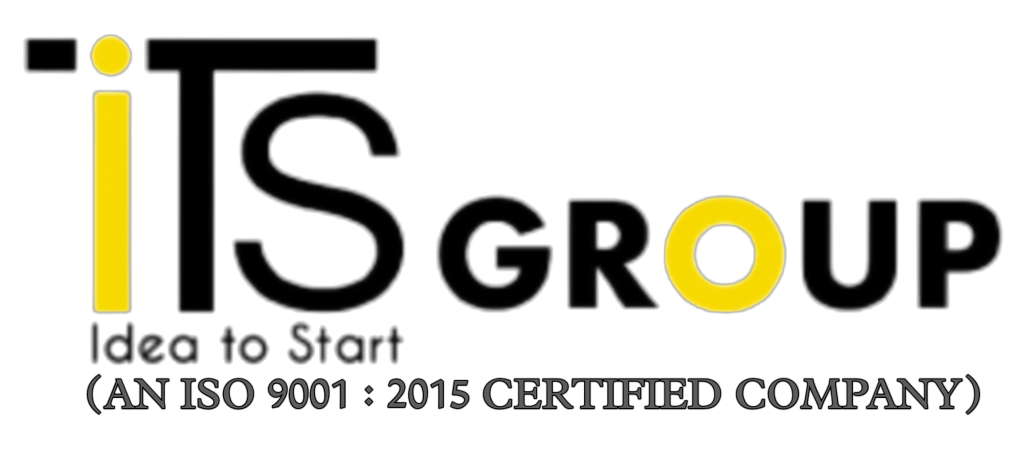Understanding Section 80DDB: Tax Deductions for Medical Treatment in India
Many provisions of the Indian Income Tax Act of 1961 are intended to assist people and families with their taxes, particularly in difficult situations. One such provision is Section 80DDB, which offers tax deductions for the medical treatment of specific diseases and conditions. Comprehending this section can be very beneficial for taxpayers with high medical expenses.
What is Section 80DDB?
Section 80DDB of the Income Tax Act allows deductions for medical expenses incurred for treating certain diseases or disorders for the individual or their dependents. This clause aims to relieve taxpayers of the financial strain of having to pay a hefty amount for catastrophic medical problems.
Requirements for Deduction
Under Section 80DDB, the following parties are eligible to claim the deduction:
- Individuals
- Hindu Undivided Families (HUFs)
If the taxpayer is an individual, the taxpayer’s spouse, kids, parents, siblings, or any other member of the HUF must all be treated, and medical expenses must be paid for those treatments.
Specific Diseases and Conditions
The diseases and ailments eligible for the deduction under Section 80DDB are listed in Rule 11DD of the Income Tax Rules. Some of these include:
- Malignant cancers
- Full-blown Acute Immunodeficiency Syndrome (AIDS)
- Neurological diseases (with a 40% or greater degree of disability)
- Permanent kidney failure
- Hematological disorders such as hemophilia and thalassemia
Amount of Deduction
The maximum deduction allowed under Section 80DDB is based on the age of the individual for whom the medical expenditures are paid:
- For those under 60, the maximum deduction allowed is ₹40,000.
- For individuals aged 60 years or older, the maximum deduction allowed is ₹1,00,000.
- For extremely senior seniors (80 years or older), the deduction is also capped at ₹1,00,000.
Conditions to File the Deduction Claim
To claim the deduction under Section 80DDB, the following conditions must be met:
- Requirement for Prescription: A government hospital’s staff doctor is required to write a prescription for the taxpayer for the specified disease or condition.
- Form 10I: This form must be duly filled and signed by the specialist.
Documents Required
To claim the deduction under Section 80DDB, the taxpayer should keep the following documents ready:
- A copy of the prescription from a specialist in a government hospital.
- Bills and receipts for the medical expenses incurred.
- Form 10I, duly filled and signed by the specialist.
How to File a Claim for Deduction
When you file your income tax return, you have the option to claim the Section 80DDB deduction. The taxpayer needs to ensure that they have all the necessary documentation and prescriptions in order to support their claim. The deduction amount must be included in the relevant part of the income tax return form.
To Sum Up
Section 80DDB, which offers financial support to taxpayers with chronic illnesses that result in significant medical expenses, is a crucial part of the Income Tax Act, 1961. By understanding the qualifying conditions, approved illnesses, and required documentation, taxpayers can more effectively utilize this provision to reduce their tax liabilities and better manage their medical expenses.
For more detailed information, you may refer to the official Income Tax Department website.


